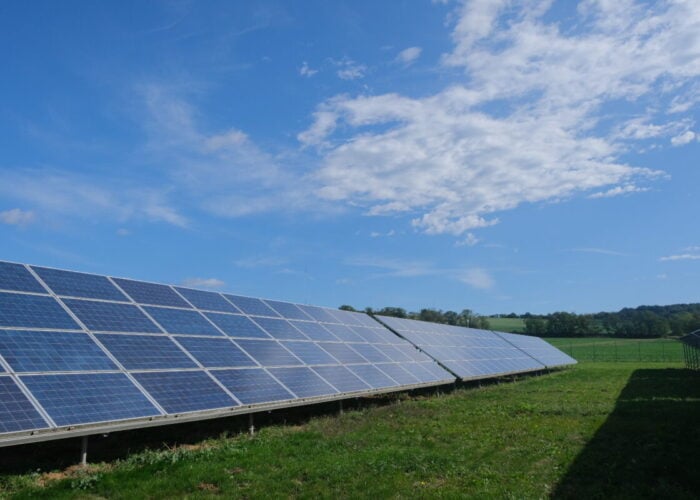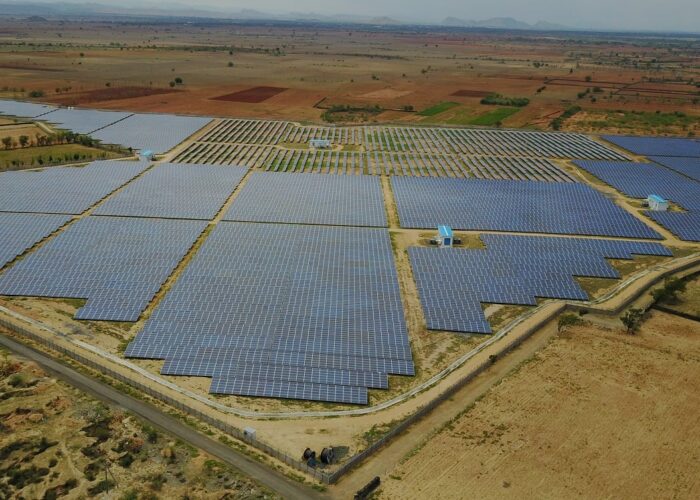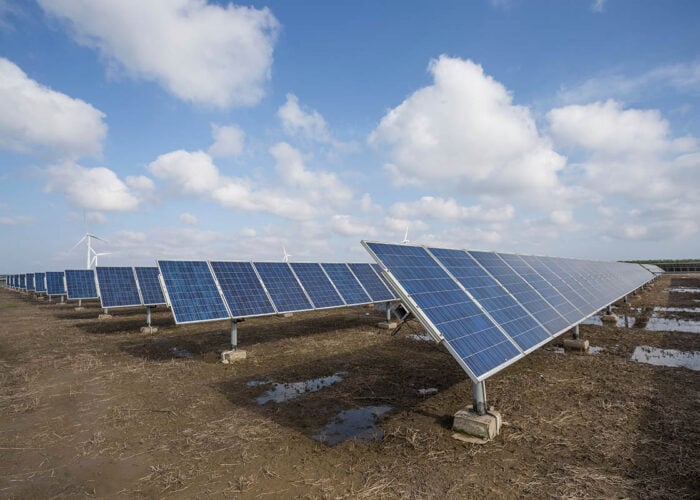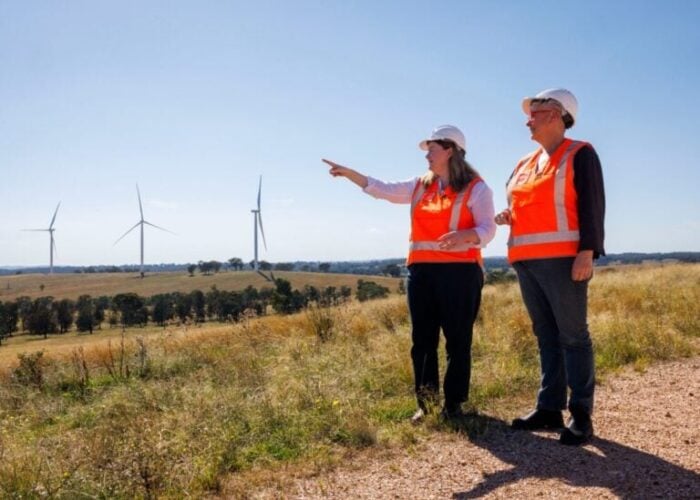
The Bhutanese government has started construction on the country’s first utility-scale solar farm, the Sephu solar project, which boasts a capacity of 17.38MW.
The government’s department of energy, part of the ministry of energy and natural resources, will oversee work on the project, while construction work will be completed by a joint venture comprising Bhutanese construction firm M/S Rigsar and Indian engineering company PES.
Unlock unlimited access for 12 whole months of distinctive global analysis
Photovoltaics International is now included.
- Regular insight and analysis of the industry’s biggest developments
- In-depth interviews with the industry’s leading figures
- Unlimited digital access to the PV Tech Power journal catalogue
- Unlimited digital access to the Photovoltaics International journal catalogue
- Access to more than 1,000 technical papers
- Discounts on Solar Media’s portfolio of events, in-person and virtual
The government plans to finish construction on the project by the end of 2024, at which point it will transfer operation of the plant to Druk Green Power, a Bhutanese electric utility. The project has been funded primarily through the Asian Development Bank, which committed grants and loans to cover the US$11 million cost of the facility, according to the government.
The Sephu plant will be the first utility-scale project in Bhutan’s solar sector, with just a 180kW plant in Rubesa already in operation, and will be a core component of Bhutan’s growing solar industry. The government plans to install 500MW of solar capacity by the end of 2025, and 1GW of capacity by the end of the decade, as it looks to both diversify its energy mix and reduce its reliance on importing power from India.
Currently, biofuels and hydropower dominate the country’s energy mix. According to the International Renewable Energy Agency (IRENA), in 2021, Bhutan had 2.3GW of power capacity installed, of which 84% came from renewables. Of this total, 54% came from bioenergy and 46% came from hydropower, and reliance on hydropower has often caused disruptions to the Bhutan energy grid, as the country’s waterways are significantly less productive in winter, when demand for energy is higher.
Speaking in February this year, Bhutan’s economic affairs minister Loknath Sharma noted that Bhutan’s grid can produced around 2.3GW of power during “surplus time”, but output can fall as low as 500MW in winter months as the temperature falls and rivers can become frozen.
Bhutan’s energy demand has been as high as 670MW in winter, and could reach 1.5GW by 2030 as the country’s demand for energy increases more broadly. In the most recent winter season, Bhutan imported around US$9.7 million (Nu800 million) of electricity from India, and securing a supply of electricity not tied to the fluctuations of seasons or the costs of foreign imports is of great importance to the government.







